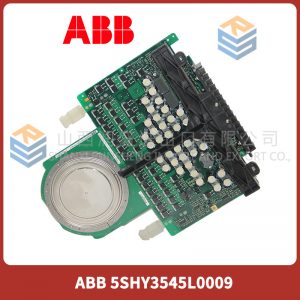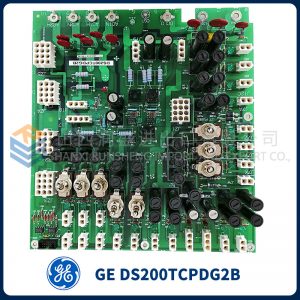Despite the scale of funding in 2019 growing considerably from the previous year,the impact of COVID-19 will likely mean it will be more challenging for many vendors to attract funding as investors wait to assess the likely scale of the economic downturn.Markets with an easy route commercialization,like surgical robots and warehouse automation,could benefit out of the crisis.At the same time,the autonomous passenger vehicle market could be adversely affected due to lack of business-readiness,though this has not prevented big investments in APV developers like Pony AI and Waymo in the first quarter.“Prior to the pandemic’s massive impact became clear,2020 was already shaping up to be a strong year for robotics investment,with autonomous forklift and tow tractor developers Seegrid and Vecna already receiving funding,”Whitton concludes.
尽管2019年的融资规模较前一年大幅增长,但新冠疫情的影响可能意味着,随着投资者等待评估经济衰退的可能规模,许多供应商在吸引资金方面将面临更大的挑战。像外科手术机器人和仓库自动化这样易于商业化的市场可能会从这场危机中受益。与此同时,自主驾驶乘用车市场可能会因缺乏商业准备而遭受不利影响,尽管这并没有阻止今年第一季度对自动驾驶汽车开发商如Pony AI和Waymo的大规模投资。“在大流行的巨大影响变明朗之前,2020年已经成为机器人技术投资强劲的一年,自动叉车和牵引车开发商Seegrid和Vecna已经获得了资金,”Whitton总结道。
ASM 03-28627 Rev AP
ASM P03-D00284A-83936 Rev A
ASM WH CPU 02-86586 03-28627-01
ETEL DSB2P101-121E-010H with DSO-SIO211B-000A
Equipe Robot I/O control Ver 3.4 Assm. # 2002-0142 rev











